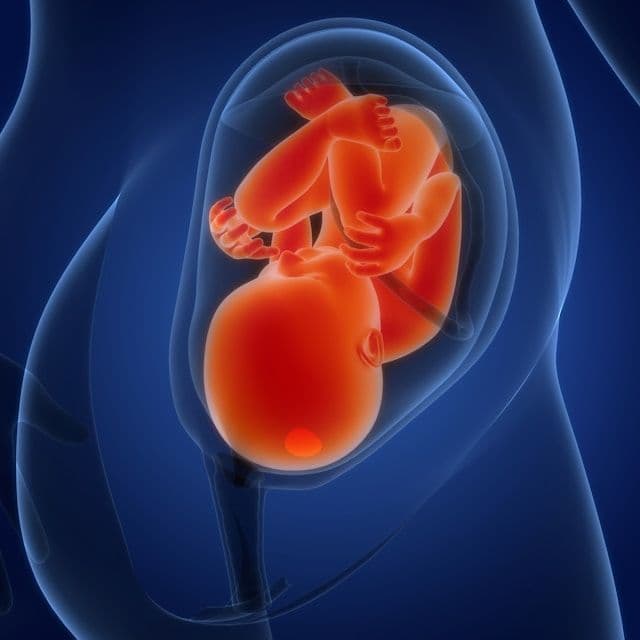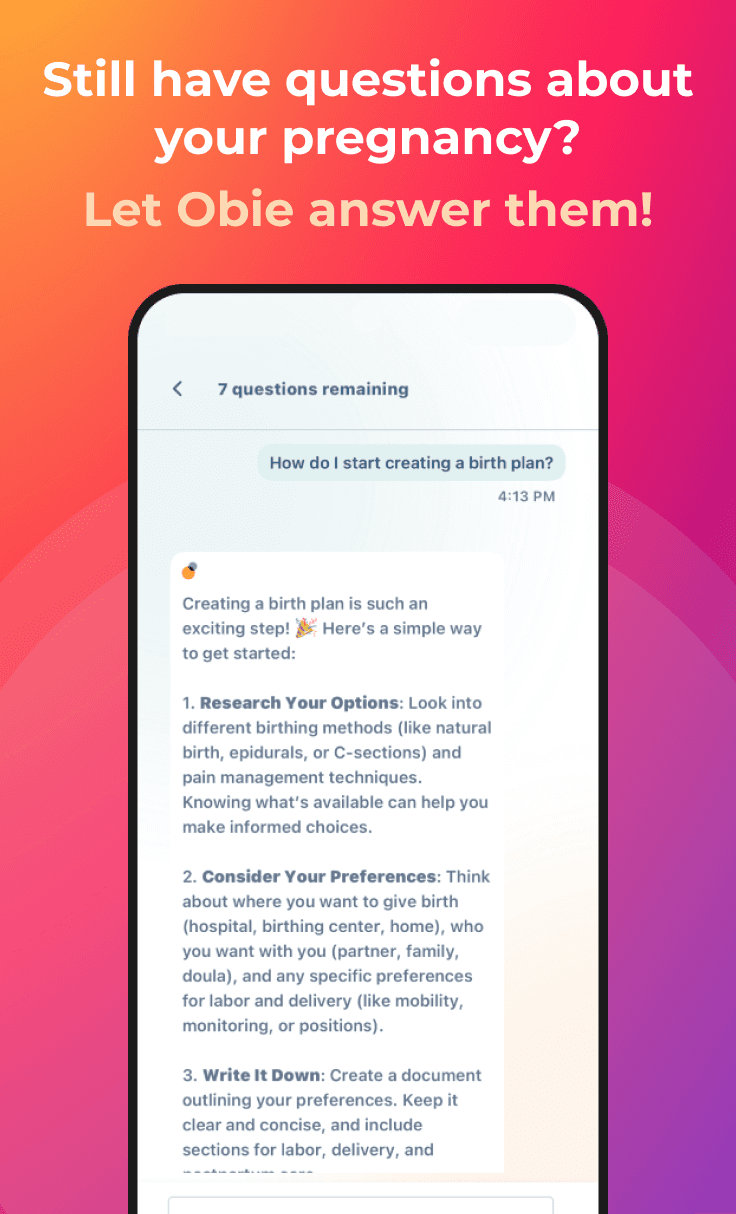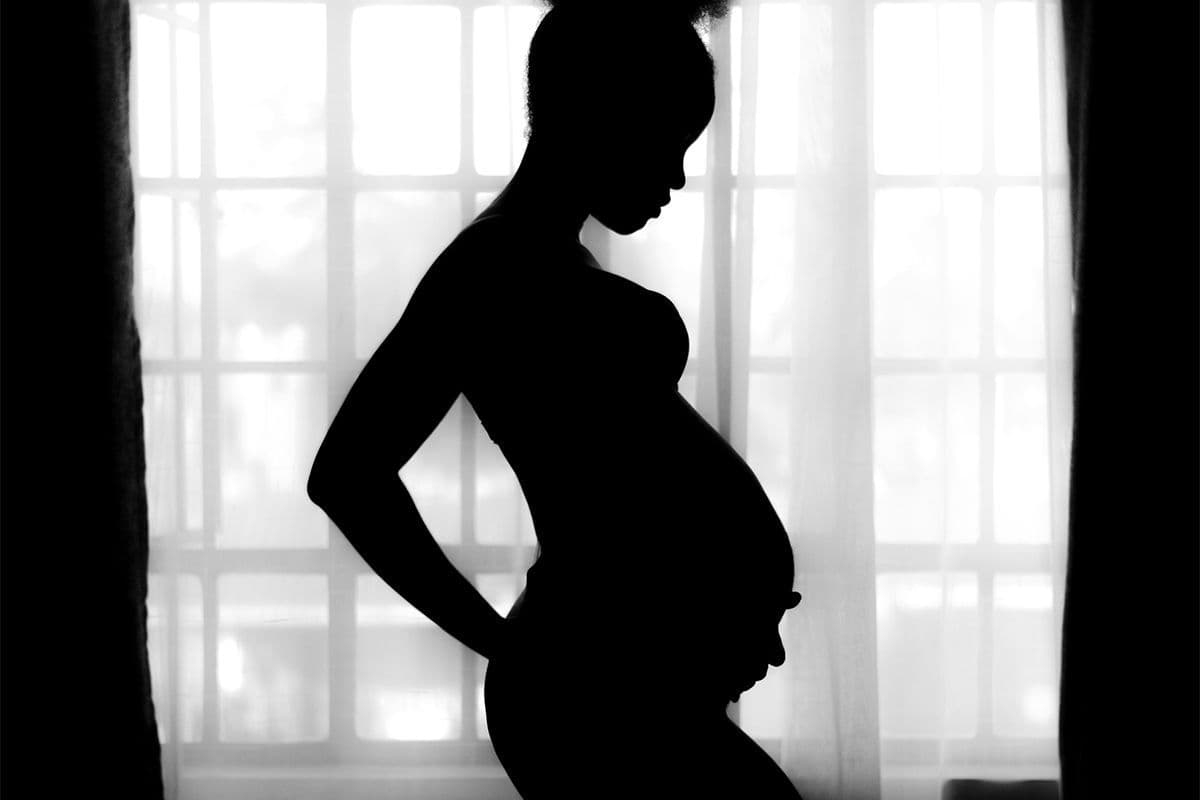Preeclampsia and Pregnancy
Pregnancy
Obie Editorial Team

Preeclampsia is a condition that requires attention during the second half of pregnancy. It is marked by high blood pressure and the presence of protein in the urine. As a complication that can escalate to eclampsia, which involves seizures, it can seriously affect the health of both the mother and baby if not managed properly. Effective and timely intervention, often involving delivering the baby, can mitigate these risks. Most women experience significant recovery postpartum.
Risk Factors for Preeclampsia
Pregnancy-Associated Factors
- Carrying multiple babies (e.g., twins, triplets)
- Pregnancy involving chromosomal abnormalities
- Conditions such as hydatidiform mole or hydrops fetalis
- Pregnancy involving oocyte donation or donor insemination
- Presence of structural congenital anomalies
- Urinary tract infection during pregnancy
Maternal-Specific Factors
- Age factors: Mothers under 20 or over 35
- Pre-existing hypertension prior to pregnancy
- Individuals who identify as Black or African American
- Obesity
- Family history of preeclampsia (mother or sister)
- First-time pregnancies (nulliparity)
- Previous experience of preeclampsia during pregnancy
- Pre-existing medical conditions: gestational diabetes, type I diabetes, lupus, renal disease, thrombophilias
- Elevated stress levels
- Having a new partner
History of Prior Preeclampsia
If you've had preeclampsia in a previous pregnancy, there's an increased likelihood of recurrence. The recurrence risk varies based on factors including your current health and previous preeclampsia events. Women with chronic conditions like hypertension face a noticeable risk—up to 70%—of preeclampsia in subsequent pregnancies, especially if the previous onset was early or if severe in nature.
Empowering with Family Knowledge
Consider a case study where a woman achieved pregnancy via IVF. With no personal medical history concerns, she noted her sister experienced severe preeclampsia, delivering prematurely. This piece of family history revealed an increased risk in her own pregnancy, underscoring the importance of sharing familial health history with healthcare providers for proactive management.
Preeclampsia is a serious maternal health risk that can impact the brain, heart, kidneys, and liver if not addressed. While the exact cause remains under research, understanding it helps guide treatment decisions which typically focus on ensuring timely delivery for the health of both mother and child.
Paternal-Specific Factors
- First-time fatherhood
- History of fathering a pregnancy affected by preeclampsia with another partner
Family History of Preeclampsia
A significant study published in the British Medical Journal (BMJ) in 2005 emphasized generational links to preeclampsia:
- Daughters of women with preeclampsia face more than double the risk themselves.
- Men born following a preeclamptic pregnancy slightly elevate their partners' risk.
- Siblings of those affected may also carry an increased risk.
- The association often results in more severe instances of preeclampsia.
This evidence points to genetic influences from both maternal and paternal sides, with maternal genes carrying a stronger link. Therefore, when assessing your personal risk, reviewing and discussing family medical history with your healthcare provider is a crucial step for proactive care.









